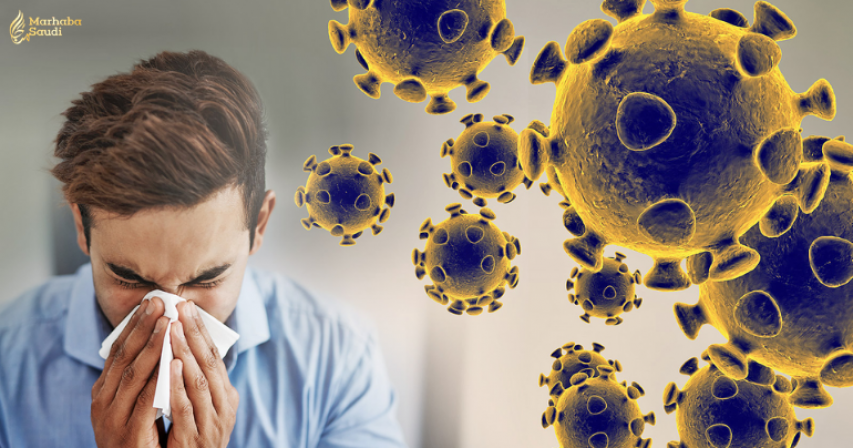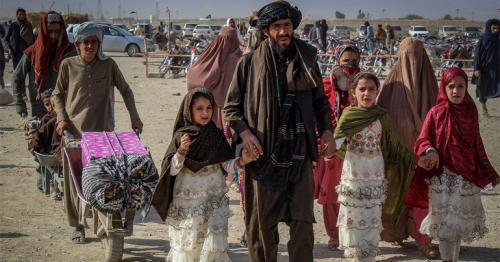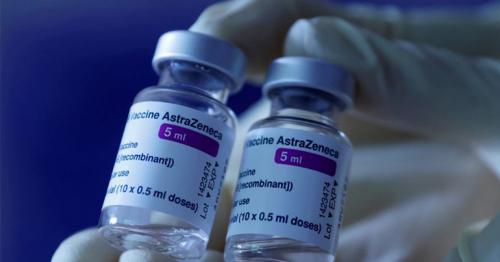Facts that one should know About Coronavirus

Find Facts about the novel coronavirus in Wuhan, China, and how World Vision is responding.
Is the coronavirus dangerous?
This coronavirus is from a family of viruses that include the common cold, as well as more dangerous viruses such as SARS and MERS. There is still much to learn about the virus. Current statistics show that 2% of those infected die. Those at greater risk include people with chronic health conditions or who are elderly. For perspective, cases of influenza (flu) currently dwarf the number of coronavirus cases by several orders of magnitude.
What are the symptoms of the coronavirus?
Common signs include respiratory symptoms, fever, cough, chills, body ache, shortness of breath, and breathing difficulties. In more severe cases, infection can cause pneumonia and severe acute respiratory syndrome.
How can I protect myself and my loved ones against the coronavirus?
WHO standard recommendations for the general public to reduce exposure to and transmission of a range of illnesses are as follows:
- Frequently clean hands by using alcohol-based hand rub or soap and water.
- When coughing and sneezing, cover mouth and nose with flexed elbow or tissue – throw the tissue away immediately and wash hands.
- Avoid close contact with anyone who has a fever and cough.
- If you have a fever, cough, and difficulty breathing, seek medical care early and share previous travel history with your healthcare provider.
- When visiting live markets in areas currently experiencing cases of novel coronavirus, avoid direct, unprotected contact with live animals and surfaces in contact with animals.
- Avoid the consumption of raw or undercooked animal products. Handle raw meat, milk, or animal organs with care to avoid cross-contamination with uncooked foods, per good food safety practices.
Can the coronavirus be treated?
Just like the common cold, there is no specific medicine recommended to prevent or treat the new coronavirus. However, those infected with the virus should receive appropriate care to relieve and treat symptoms, and those with severe illness should receive optimized supportive care.
What is World Vision doing in response to the virus?
World Vision teams worldwide, and particularly across Asia, are doing all they can to keep children and their communities safe. In China, World Vision aims to support nearly 390,000 people in Hubei province, the area most affected by the virus, as well as provinces where World Vision has development work.
“Time is of the essence,” says John Teng, the national director for World Vision in China. “We have already distributed 50,000 masks to five counties in four provinces. We are also sourcing personal protective equipment kits which include masks, thermometers, sanitizers, and soap from within China and from other countries to ensure people have the means and the knowledge to protect themselves and their children as China faces one of the biggest crises it has seen in recent history.”
World Vision’s emergency response will include providing face masks to communities and health workers, distributing hand sanitizers and other personal hygiene items, and supporting efforts by local health authorities, schools, and local partners to communicate stay-safe health messages. The cost of these efforts is estimated to be $3.7 million.
“With many cities on lockdown and livelihoods affected in many situations, it’s critical to ensure that people have the resources and knowledge to be able to care for themselves and their families, especially as children are vulnerable in such situations,” John says.
World Vision offices across Asia are closely monitoring the spread of the virus and have in place coronavirus response plans to support sponsored children in areas where the virus is present. So far, no illness has been reported in children sponsored through World Vision.
How are governments trying to control the spread of the coronavirus?
The Chinese government has taken extraordinary measures to control the spread of the virus both within the country and across borders. Wuhan and a number of other cities have been put in lockdown, affecting over 51 million people. Transportation has been suspended and a massive program to ramp up the number of hospital beds launched.
WHO has also been working closely with the Chinese and other governments to track the spread of the disease and advise health authorities. Scores of airlines have stopped flying to China, and in countries where cases have been identified, the infected are being isolated for treatment and monitoring.
How is this affecting World Vision’s operations?
We are closely monitoring the situation, which is changing by the day. We are providing travel guidance for staff as well as health information designed to keep them safe. We will also be led by government and local authority health guidance, which may at times prohibit travel or require people to work from home.
Are any sponsored children in China affected by coronavirus?
Although the virus is present in areas where World Vision has existing development projects, no sponsored children have been infected to date. World Vision is working diligently to keep children safe.
What are your concerns for children and those you work with?
Countries with effective health systems are in a much better position to monitor, identify, and treat those with the virus, as well as to prevent its spread. We are most concerned about countries where the health systems and monitoring are weak, where people may already be suffering from diseases that are common among the poor, such as malaria, tuberculosis, pneumonia, HIV and AIDS, and Ebola, or where immune systems are compromised by severe malnutrition. People living in these contexts are at much greater risk from the coronavirus.
/ Source: https://www.worldvision.org/





Comments